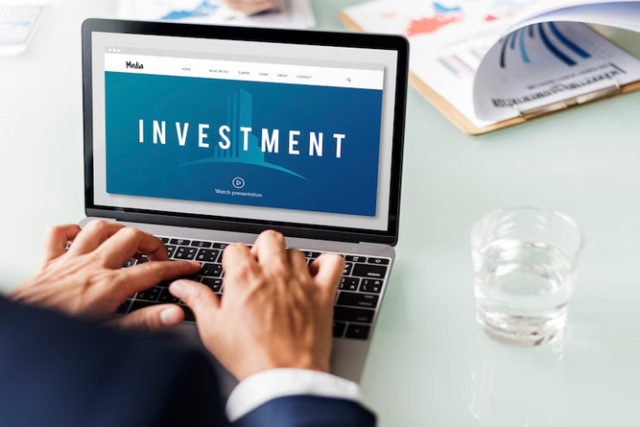Inflation is the process by which a currency’s value is diminished due to an artificially rising price of commodities or weak regional economic performance caused by a sustained period of artificially rising commodity prices. The rise in commodity prices, compared to an individual’s income, results in a reduction in buying power, which necessarily results in an increase in costs and therefore a risk to your savings, as a result of the growth in commodity prices.
It is only by ensuring that your financial preparations exceed the impact of inflation on your financial situation that you will be able to guarantee financial security in the global economy. There is no doubt that the world economy is continually challenged by varying rates of inflation and steadily rising living costs across the globe.
Why inflation occurs?
The comparison of current commodity prices to price junctures in the past serves as a fundamental representation of inflation. when current prices are greater than those from earlier years.
A mismatch between your savings and spending arises when an increase in the price of the product does not always result in an increase in revenue. Savings that are intended to help you reach a certain financial goal may not be sufficient since inflation keeps eating away at your ability to keep up with growing prices.
How to guard against the effects of inflation on your savings?
Before creating a strategy to invest your hard-earned money somewhere, you must take the growth in inflation into account in order to safeguard your savings and investments from the consequences of inflation.
Choose investments that give greater annualised returns than the current inflation rate to multiply your wealth above the cost of living and counteract the impact of inflation on your savings. Market-linked investments, which include the performance of the securities market in your returns, are often financial vehicles that give greater rates of return.
Stocks, hybrid funds, unit-linked insurance plans, and other asset types whose performance is directly correlated with the market are examples of market-linked investments.
- Plans with unit-linked insurance:
Market-linked investments are recognised for giving investors little control while being reliant on the performance of the market. People might investigate ULIP investing alternatives if they’re seeking for profitable yet manageable market investment avenues.
ULIPs divide premium payments between market-linked assets and life insurance coverage in order to help you create a corpus while also decreasing liabilities through deductions from the ULIP tax advantage.
- Physical Assets for investment:
Physical assets like precious metals and real estate, which are tangible goods that are subject to price increases brought on by inflation, are another class of investments you might think about making to outperform inflation. When their values rise, these assets almost instantly offset the effects of inflation.
Due to their religious associations, precious metals like gold and silver play a significant role in India. Because of their ongoing demand and limited supply, precious metals are high-yielding investments. These days, the securities market offers bonds backed by precious metals and equity traded funds (or ETFs).
Another significant investment that may contribute to the creation of financial and social stability is real estate. The safest assets to buy are real estate investments, which are a common choice. Given that land is a limited resource and that population growth has only increased demand, historical returns on real estate value are exceptional. Real estate can also support other revenue streams by providing rental options.
Conclusion
In order to make sure that your financial plan is future-ready and able to handle the risks of inflationary events caused in the natural course or due by the emergence of an unplanned eventuality, it is imperative to have a thorough understanding of inflation rates and returns offered by various asset classes before settling on a plan of action.










































